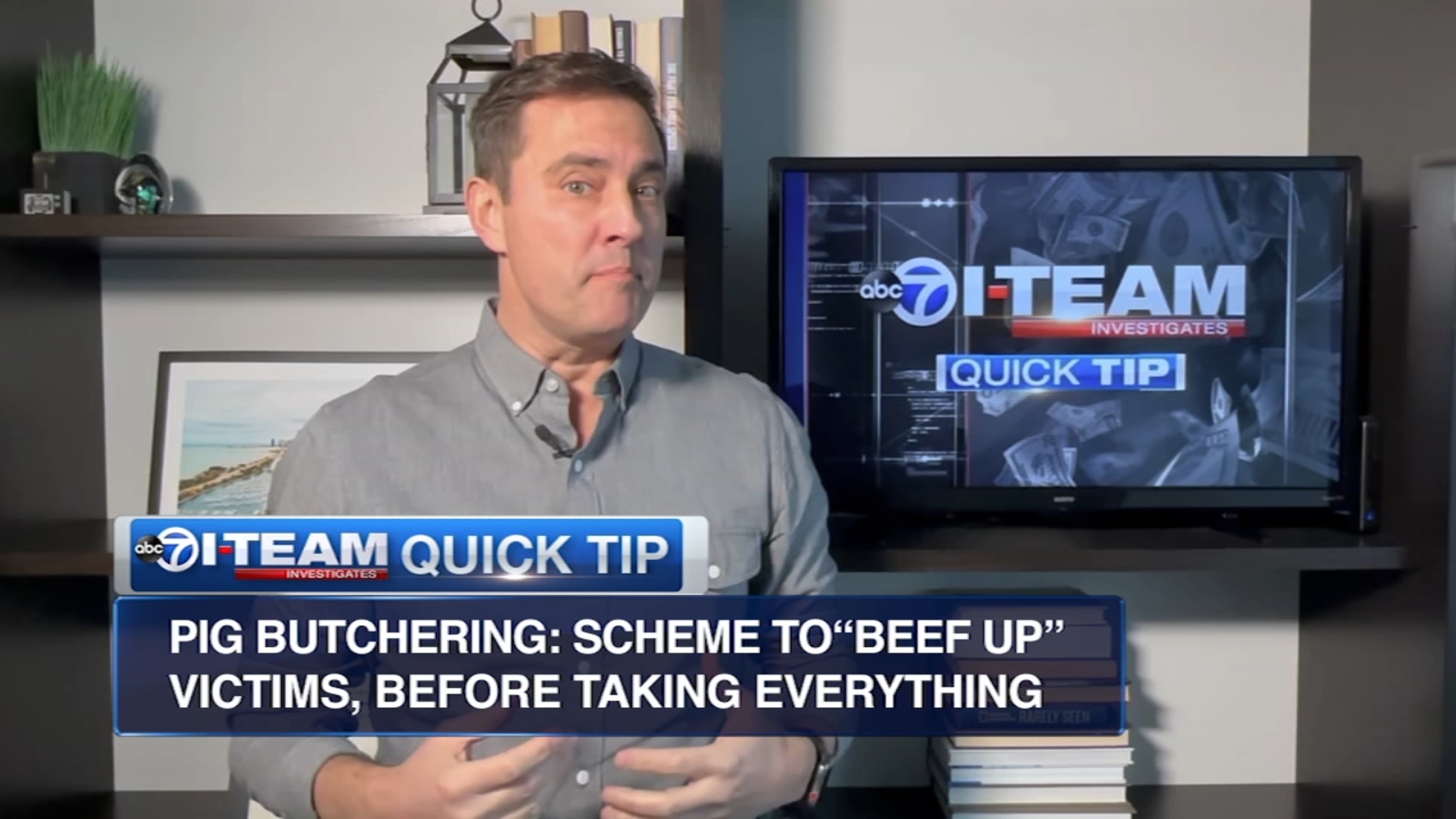Pig Butchering Scam: What Is A Pig Butchering Scam

In the ever-evolving landscape of scams, the “Pig Butchering” scam has recently surfaced as a cunning blend of online dating and investment fraud. The name, while unusual, draws a parallel between the elaborate process of fattening a pig before slaughter and the intricate web scammers weave to deceive their victims. In this article, we delve into the details of the Pig Butchering scam, shedding light on its origins, modus operandi, and how you can safeguard yourself against it.
Understanding the Pig Butchering Scam
The Pig Butchering scam, which initially emerged in Southeast Asia, has unfortunately transcended borders and now poses a global threat. Have you ever received an unsolicited text message from an attractive individual on platforms like Facebook, Instagram, WhatsApp, or Telegram? This scam is orchestrated by a network of cryptocurrency fraudsters who exploit dating apps and social media platforms to identify potential victims. Their success lies in the simple premise that people crave attention, and a compliment can go a long way in initiating a conversation.
The process typically begins with a scammer creating a fake profile on social media. Using this fabricated identity, they reach out to potential victims, often via dating sites, social media platforms, or even text messages, cleverly disguising their contact details. Their aim is to initiate a seemingly friendly conversation with the unsuspecting target, slowly building a rapport that may evolve into a close friendship or, in many instances, a romantic relationship.
Here’s a glimpse of how scammers initiate their scheme:
[Include sample screenshots]
As the interaction progresses, scammers find reasons to sustain the conversation. They gradually integrate themselves into the victim’s daily life, further deepening the relationship. Over time, the scammer introduces the concept of investment, leveraging the allure of the cryptocurrency industry, which is relatively new and widely associated with lucrative opportunities.
How the Scam Unfolds
The scammer suggests that the victim should consider a cryptocurrency-based business investment. Employing persuasive language and tantalizing promises, the scammer avoids directly soliciting money initially, as this would raise immediate suspicions. Instead, they opt for a more subtle approach, knowing that people are increasingly cautious about financial matters involving strangers.
With each step, the victim is led further down the path of cryptocurrency investment. The scammer recommends crypto platforms and, when the time is right, directs the victim to a seemingly authentic investment website. However, unbeknownst to the victim, this site is owned and operated by the scammer. To add complexity, the victim is encouraged to begin with small investments, purportedly to ensure early gains.
The victim, now enticed by initial successes, becomes more deeply involved. The scammer may even allow them to make withdrawals, further solidifying the victim’s belief in the legitimacy of the investment. It is at this juncture that the trap is set, and the scam reaches its zenith.
Fattening the Pig
With a taste of success, the victim is persuaded to invest larger sums into the fraudulent crypto app. Sadly, this is the point at which many victims realize the extent of the deception. The scammer vanishes, along with the victim’s entire investment, leaving them financially devastated and emotionally distraught. It’s at this stage that the term “Pig Butchering” takes on its grim significance.
While romance is the primary tactic used in this scam, these criminals can employ other types of personal or professional relationships. They are adept at juggling multiple targets simultaneously, making it even more critical for potential victims to remain vigilant.
Recognizing the Red Flags
To protect yourself from falling prey to the Pig Butchering scam or similar cryptocurrency frauds, here are seven telltale signs to watch for:
- Unsolicited Text Messages: Be cautious if you receive random text messages from strangers, especially if they initiate contact out of the blue.
- Avoidance of Video Calls: Scammers often avoid video calls, preferring text-based communication.
- Transition to Third-Party Apps: When the conversation shifts from a platform like Facebook to WhatsApp or Viber, exercise caution.
- Discussion of Insider Investments: Be wary if the conversation turns to discussions of exclusive, insider investments.
- Discrepancies in URL: Check for discrepancies between the URL of the recommended app and the official site of a reputable exchange or cryptocurrency platform.
- Suspicious Warnings: If the investment platform displays unreliable warnings or if your antivirus software flags it as suspicious, proceed with caution.
- If It’s Too Good to Be True: Trust your instincts. If an opportunity seems too good to be true, it probably is.
Tips to Stay Safe
Protecting yourself from scams like the Pig Butchering scheme requires a combination of caution and awareness. Here are seven essential tips to safeguard your financial well-being:
- Avoid Financial Transactions: Never send money, trade, or invest based solely on advice from someone you’ve met online.
- Keep Finances Private: Refrain from discussing your financial situation or investments with strangers.
- Guard Personal Information: Never share sensitive data, such as banking information, Social Security numbers, IDs, or passports, with anyone online.
- Beware of Guarantees: Be skeptical of crypto or trading sites that promise guaranteed high profits.
- Act Deliberately: Disregard individuals who pressure you to make quick decisions, claiming exclusive opportunities.
How to Report the Pig Butchering Text Scam
One of the most effective ways to combat scams like the Pig Butchering scheme is by spreading awareness. Share this article with your family and friends through social media to ensure they stay informed. Additionally, you can officially report scams and suspicious activities to the Federal Trade Commission (FTC) to help protect others from falling victim to similar frauds.
Conclusion
The Pig Butchering scam is a stark reminder of the lengths to which scammers will go to exploit individuals’ trust and vulnerabilities. By recognizing the red flags, staying vigilant, and adhering to the tips provided here, you can safeguard your financial well-being and protect yourself from falling victim to this or any other cryptocurrency fraud. Remember, skepticism is your strongest defense in the digital age, where online relationships can sometimes be more deceiving than they appear.






